Migrants Find Safe Haven With Mexico's Hip-hop Pastor
Once, Abraham Barberi was known as the "pastor of rappers," host of Christian hip hop concerts targeting young drug dealers in Mexico in hopes of putting them on a different path.
Now, he is making headlines by caring for a new flock: more than 200 people from Central and South America who dream of crossing the Rio Grande and migrating to the United States.
The Baptist pastor of Matamoros -- a Mexican city separated from the United States only by the river -- still leads his "hip-hop church," but has transformed his Bautista Sola Scriptura Bible Institute into a temporary bare-bones safe haven for those on the long hard road to a better life.
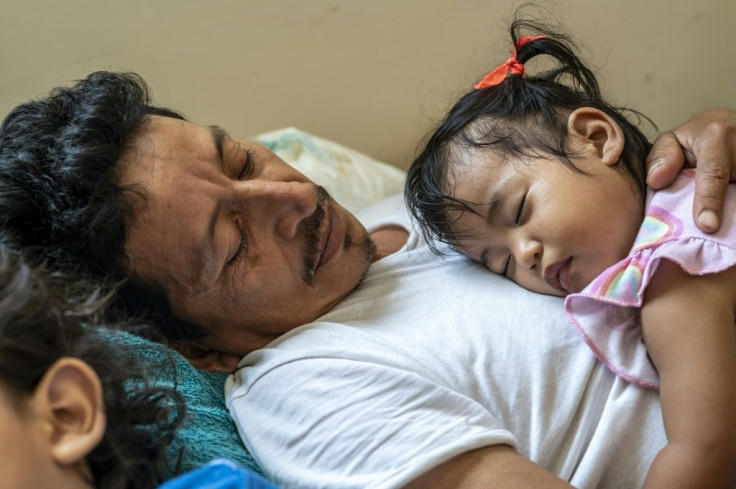
The change at the building with its yellow facade came in February, after authorities closed a refugee camp in the city when its occupants were allowed to cross the border as their asylum applications were processed.
With the formalities taking time to complete, authorities asked Barberi to house the last 56 occupants of the camp.
The pastor was himself once an illegal migrant, involved in drug trafficking and crime, and had spent time in prison. Now, with his Bible study center empty due to Covid-19, he found he could not say no.
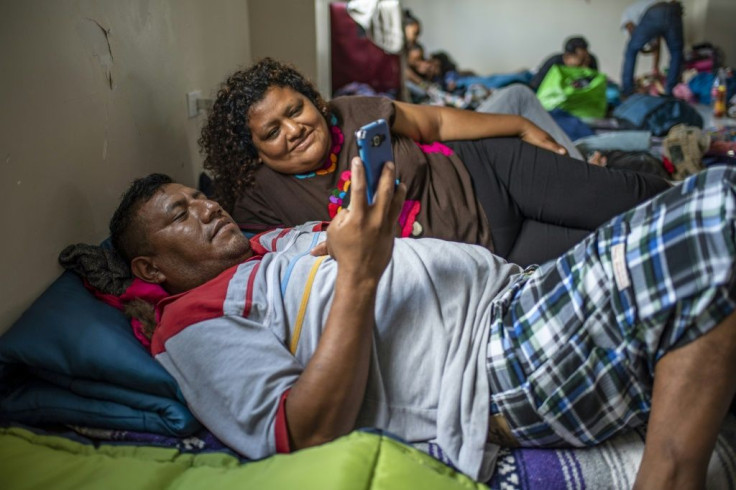
"We were supposed to be open for two weeks only. And in those two weeks, all of them, most of them went across the border," he told AFP.
"But meantime new arrivals came to Matamoros, they heard about our shelter.
"You know, people come to our doors, moms with little kids, and what do we do? We can't say 'no, we don't take you.' We have to take them, right? So now, we have over 200 people."
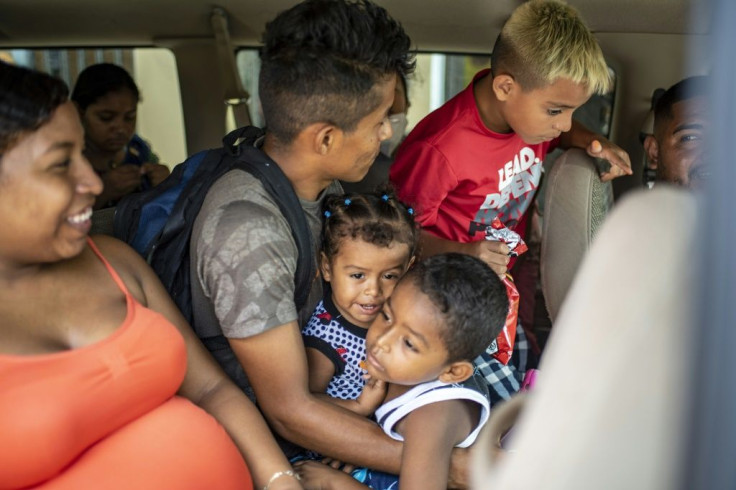
At the institute, the migrants wait in the burning heat of late May for the United States to review or reconsider their asylum requests, and try to forget their plight -- and their boredom.
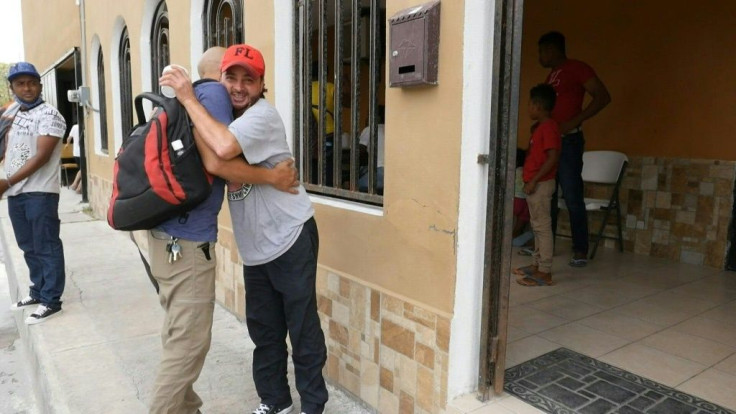
Some look at their phones. Others admire the energy of their children as they play, savoring the moment.
It's been months since Barberi accepted the first refugees, and the Bible Institute still receives new requests for shelter every day.
This flood has been encouraged by one of the measures taken by the new Biden administration as it sought to break with the draconian immigration policies of the Trump era: allowing migrants to wait on American soil for an answer to their asylum requests under the MPP (Migrant Protection Protocols).
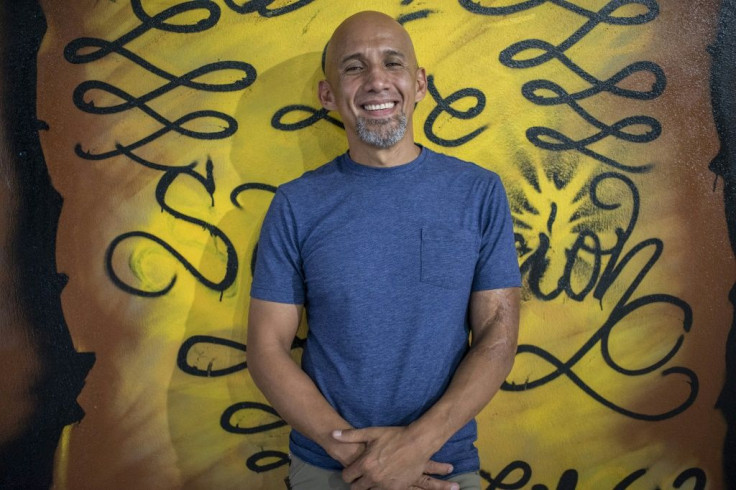
Many interpreted the move as "opening the borders to everyone," explains Barberi.
"That's why people flooded the border towns of Mexico and we got so many people right now."
But many roadblocks still await the migrants once they reach the border -- among them, the fact that the MPPs have not been accepting new registrants since January 21.
Another obstacle is the use of a law, Title 42, under the pretext of Covid-19, to prevent asylum seekers from entering the United States.
So, in the heat of Matamoros under Barberi's care, they wait -- sometimes for months at a time.
This morning, however, a Bible school employee is scouring two floors for the 20 or so people whose names he just received on his email.
Gathered in a few minutes outside, they will be able to legally enter the United States in the coming days to be heard by the authorities.
They benefit from the legal assistance of some American associations. Yet even with that secret weapon, their wait in Matamoros will have lasted more than a year.
Their joy is not ostentatious, perhaps muted by respect for others who still have a long wait ahead of them -- perhaps by fear of what comes next.
Felipe Atanasio Sanchez, 21 years old, has trouble finding his words. "They killed my father and I could not stay in Mexico... Because of the crime, I felt vulnerable," he explains.
"Now I feel happy, motivated. I don't know what to say, I'm moved," he says before getting into the van that will allow him to take a Covid-19 PCR test, the last hurdle he must cross before reaching American soil.
But in this moment, his pride is also in the driver of the vehicle taking them away from the shelter: a one-time cartel hitman who has repented, and is now dedicated to serving others.
© Copyright AFP 2024. All rights reserved.





















